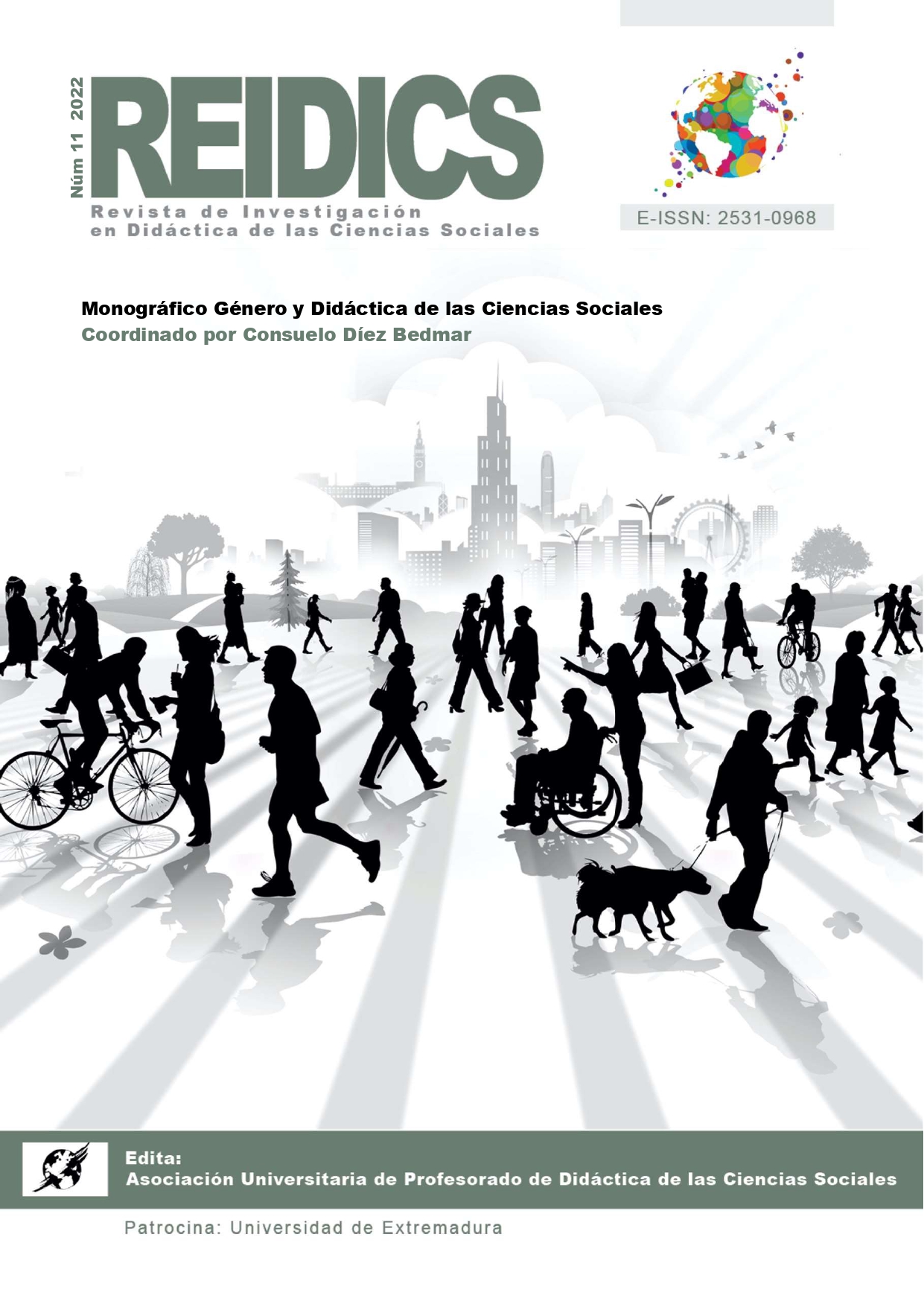Pedagogy at the border: innovation in the didactic of History in the Canary Islands
DOI:
https://doi.org/10.17398/2531-0968.11.101Keywords:
innovation, Pedagogical Renewal Movements, Social Sciences, heritageAbstract
The present work tackles the relation between the Pedagogical Renewal Movements and the methodological innovation in the didactics of the social sciences. For this, a qualitative research has been carried out through the analysis of various sources, mainly, the specific publication of the Tamonante collective and the Tahor Magazine, as well as documentation prepared by participating groups and teachers. The main objective that is pursued is to determine the implication of the Pedagogical Renewal Movements in the constitution of active methodological assumptions that will led to a whole paradigm shift in teaching after the years of dictatorship and the constitution of an innovate educational in the Canary Islands. All of this will lay the foundations for the incorporation of innovative methodologies in the classroom where students assume a leading role and heritage as an essential element of the didactic proposal in the Canary Islands.
Downloads
Published
Issue
Section
License
Aquellos autores/as que tengan publicaciones con esta revista, aceptan los términos siguientes:
- Los autores/as conservarán sus derechos de autoría y garantizarán a la revista el derecho de primera publicación de su obra, el cual estará simultáneamente sujeto a la Licencia de reconocimiento de Creative Commons 4.0 BY-NC-SA que permite a terceros compartir la obra siempre que se indique su autor y su primera publicación en esta revista.
- Los autores/as podrán adoptar otros acuerdos de licencia no exclusiva de distribución de la versión de la obra publicada (p. ej.: depositarla en un archivo telemático institucional o publicarla en un volumen monográfico) siempre que se indique la publicación inicial en esta revista.
- Se permite y recomienda a los autores/as difundir su obra a través de Internet (p. ej.: en archivos telemáticos institucionales o en su página web) antes y durante el proceso de envío, lo cual puede producir intercambios interesantes y aumentar las citas de la obra publicada. (Véase El efecto del acceso abierto).
- Los autores y autoras han respetado la política de autoría de esta revista.




